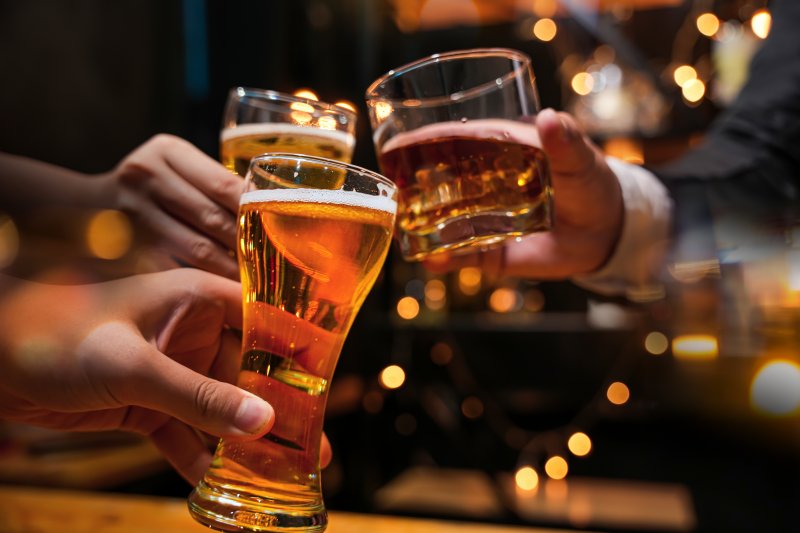
As you may already know, Naltrexone is a great way to overcome an alcohol addiction. The medication curbs your cravings, ensuring you don’t want beers, wines, and such as much. That said, perhaps you have a nagging question: Can you drink while taking Naltrexone, or should you go “cold turkey”? Your Kansas City addiction specialist is here to address this concern. So, keep reading to learn about Naltrexone, whether you can drink while taking it, and what to avoid with it.
The Basics About Naltrexone
Before you get to the main question, it’s best to review the basics about Naltrexone. These details provide context for the drinking issue.
Naltrexone is an FDA-approved drug that treats opioid use disorder and alcohol use disorder. More specifically, it’s an opioid antagonist – a medicine that binds to opioid receptors without triggering them. Taking Naltrexone can thus reduce cravings and “highs” linked to opioids and alcohol, making substance abuse less likely.
Unlike other medicines for addiction treatment, Naltrexone isn’t an opioid. That means it isn’t addictive and doesn’t cause signs of withdrawal once stopped.
Does Naltrexone Allow for Drinking?
While Naltrexone helps you fight your addiction, it doesn’t require that you stop drinking entirely. The medicine can remain safe and effective even as you enjoy a little alcohol.
Indeed, research shows there’s no significant danger in taking Naltrexone while drinking. Continued study of Naltrexone patients who had alcohol hasn’t revealed complications. On the contrary, some scholars believe taking Naltrexone an hour before drinking is more effective than the suggested use. This alternative approach – the “Sinclair Method” – may do more to help a person become (or remain) abstinent from alcohol.
All that said, it’s still not a good idea to go overboard. Naltrexone may block the “buzz” from alcohol, but it doesn’t prevent impairment from drinking too much. You shouldn’t rely on the drug to drive while under the influence.
What Should You Avoid with Naltrexone?
Rather than alcohol, Naltrexone requires that you quit or avoid the following:
- Any Opioids – Taking large opioid doses to bypass Naltrexone’s effects can cause serious injuries, overdoses, comas, or death.
- Benzodiazepines – “Benzos” should be avoided due to the risk of adverse effects like overdose. They also interfere with the effectiveness of naltrexone.
- Narcotic Painkillers – Adverse reactions could occur if Naltrexone is combined with narcotic painkillers.
Though you can drink while taking Naltrexone, please be careful. Consult your addiction specialist about where, when, and how you might enjoy an occasional glass.
About the Practice
B&L Medical Group is based in Kansas City, KS. Led by nurse practitioner Laura Lindsay, our practice aims to help you recover from opioid and alcohol addictions. We thus offer medication-assisted treatments, including ones focused on Buprenorphine, Suboxone, and Naltrexone. These medicines will help you conquer your cravings when paired with the right talk therapy. For more details or to book a visit, please contact us on our website or by phone at (913)-713-1238.
